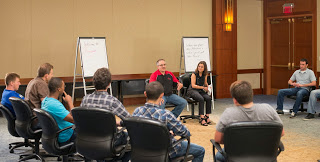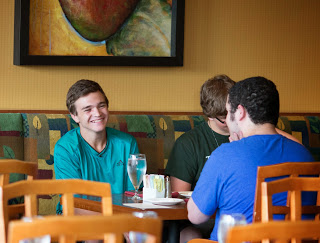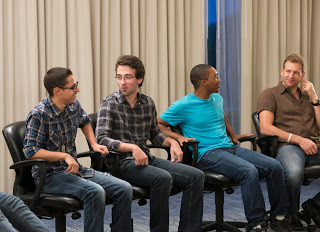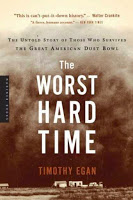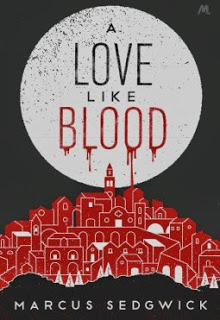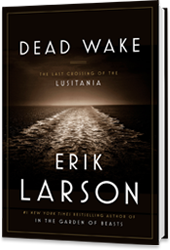Financial Support Programs Offered By Pfizer
medical, emotional, social and financial challenges. Understanding therapy is
just one part of the equation, Pfizer strives to provide support beyond science
and innovation. The company offers many educational resources and financial
assistance programs for eligible patients who infuse with Pfizer Hemophilia
Recombinant Factor products.
Factor Savings Card Program provides financial
support to eligible patients to help cover out-of- pocket co-pay, deductible,
and coinsurance associated with their Pfizer factor costs. Eligible patients
can save up to $5,000 annually. The Card is not health insurance and will only
be accepted at participating pharmacies.
RxPathways is a comprehensive assistance program
that provides eligible patients with a range of support services, including
insurance counseling, co-pay assistance and access to medicines for free or at
a savings.
Pfizer Trial Prescription Program allows
eligible patients new to Pfizer factor products to receive a one-time supply up
to 20,000 IU at no cost.
support page on Hemophilia
Village. On this site you’ll also find tips and resources to help you and
your family navigate the various challenges that can arise at different life
stages. Another great way to stay up-to-date on the support provided by Pfizer,
and to hear from others in the community, is to join the conversation on the Our Hemophilia Community Facebook page.
 Great Book I Just Read
Great Book I Just ReadMustaine: A Heavy Metal Memoir [Kindle]
Dave Mustaine and Joe Kayden
Sometimes called the founder of thrash metal, Mustaine shares his troubled and abusive childhood, his calling to music in the 80s, his short foray as a founder of Metallica, his sudden ouster, and his inspiration to form Megadeth, one of the top thrash and heavy metal bands of all time. Mustaine was driven to create, recreate, fight others and destroy himself with drugs. That he is alive is a miracle. Burning through 17 different band members in a four piece band, Mustaine is not easy to deal with. Here he is candid, acknowledging his eternal grudge against Metallica and his own abrasive personality. Meeting his wife turned his life around, though not enough to stay off drugs. Finally, in a surprise ending, he finds peace and sobriety. I only wish the book could have delved as much into his creative process (how did he write such amazong songs?!) as it did into his drug usage and rehab.
Four/five stars.


